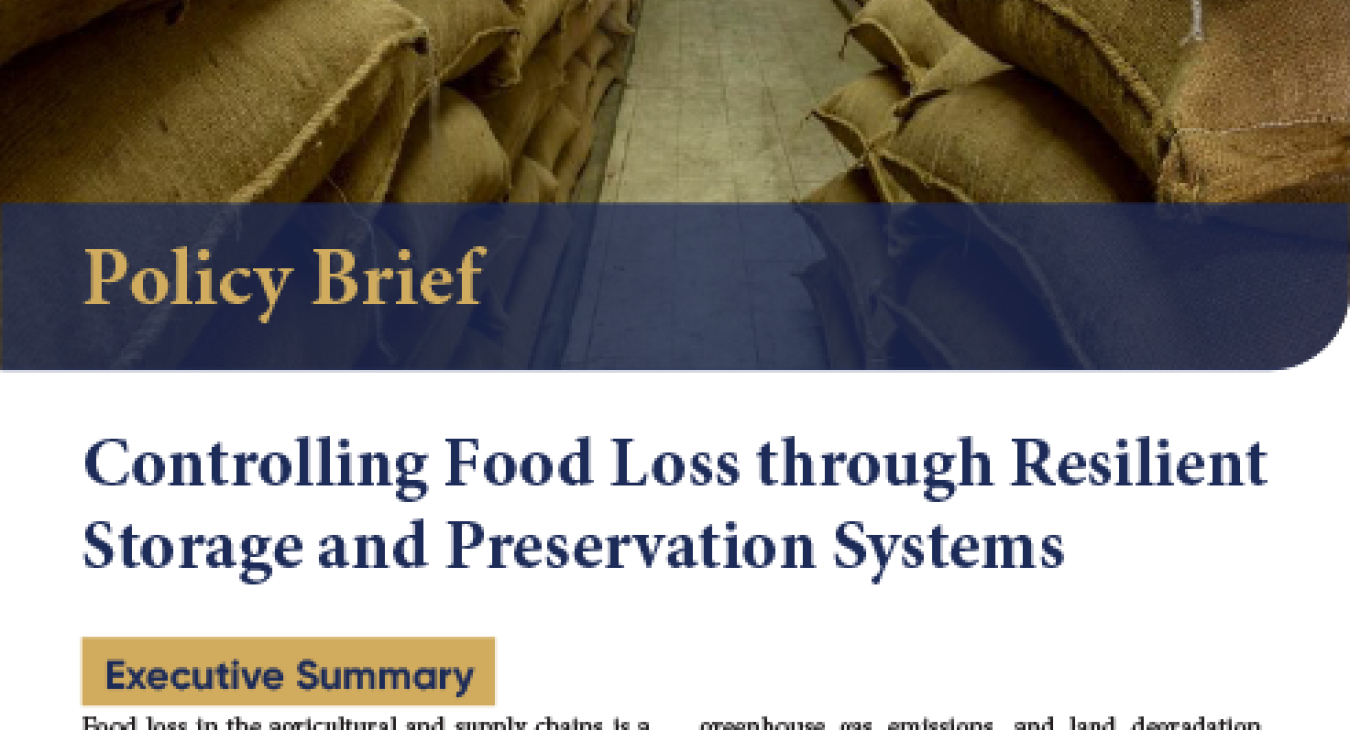Food loss in the agricultural and supply chains is a pressing global issue. The loss of food jeopardizes food security, hampers economic development, and intensifies environmental concerns.
Food loss in the agricultural and supply chains is a pressing global issue. The loss of food jeopardizes food security, hampers economic development, and intensifies environmental concerns. Every year, a staggering one-third of the world’s food intended for human consumption is lost, predominantly in the early stages of production, harvesting, and distribution. This represents a substantial economic burden, particularly in low and middle-income countries where agriculture plays a pivotal role in economic activity. Food loss exacerbates poverty among smallholder farmers and undermines global food security efforts, perpetuating a cycle of scarcity in regions already grappling with hunger and malnutrition. The environmental consequences of food loss, including wasted resources, increased greenhouse gas emissions, and land degradation, also contribute to an already dire climate crisis. This policy brief examines the profound implications of food loss, provides an in-depth overview of an earlier synthesis report and offers recommendations for policymakers to address this multifaceted challenge. The recommendations underscore the necessity for a coordinated approach to food loss, which encompasses post-harvest best practices, investment in storage and transportation infrastructure, and the adoption of innovative technologies. We also recommend prioritizing sustainable, efficient and inclusive systems across the food supply chain to mitigate food loss and safeguard economic stability while promoting environmental conservation.

